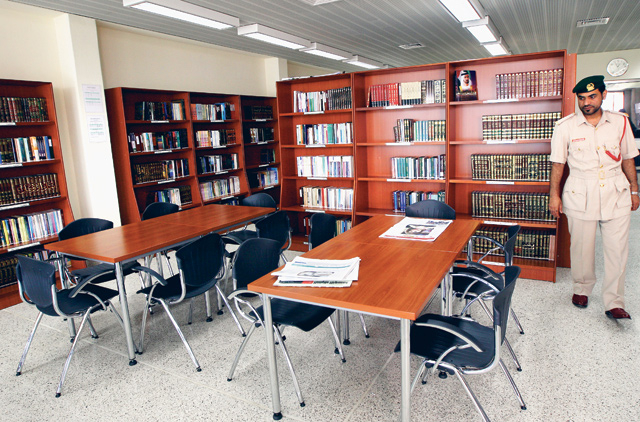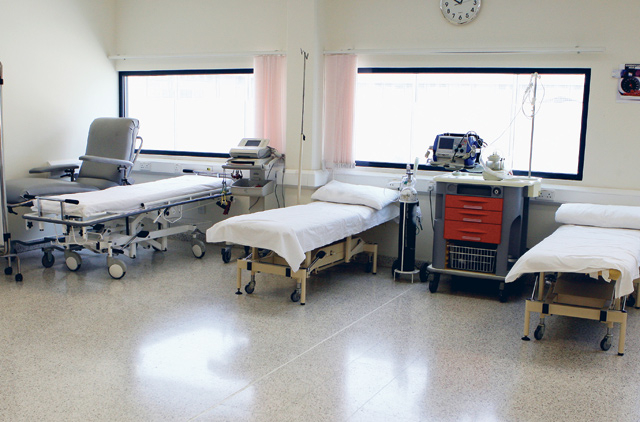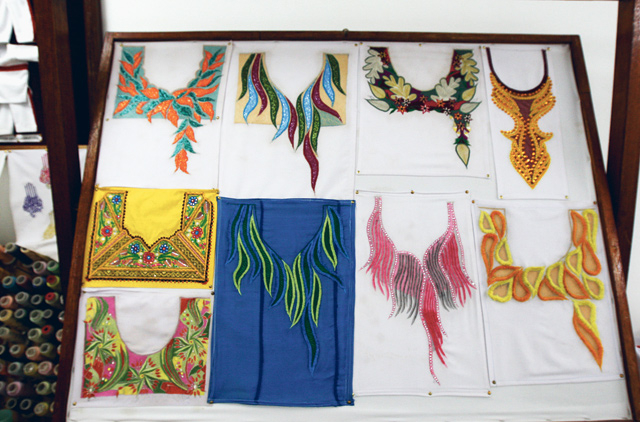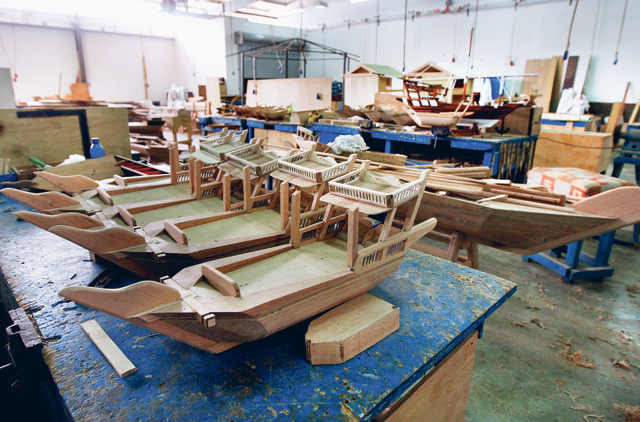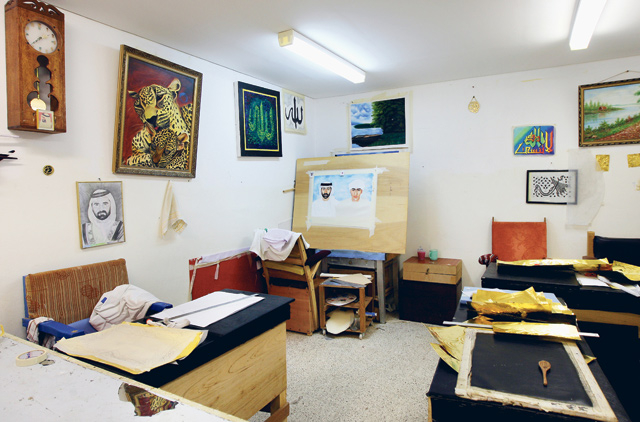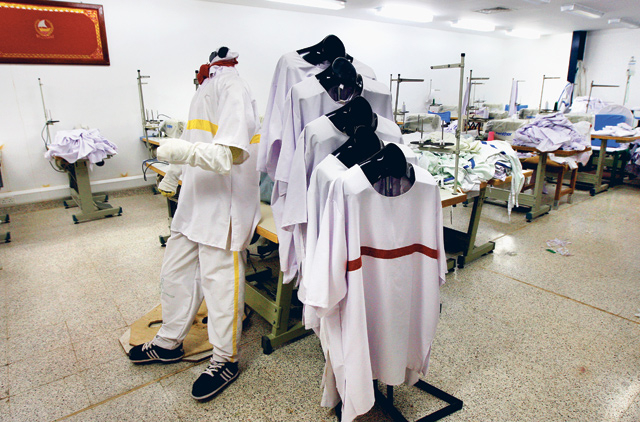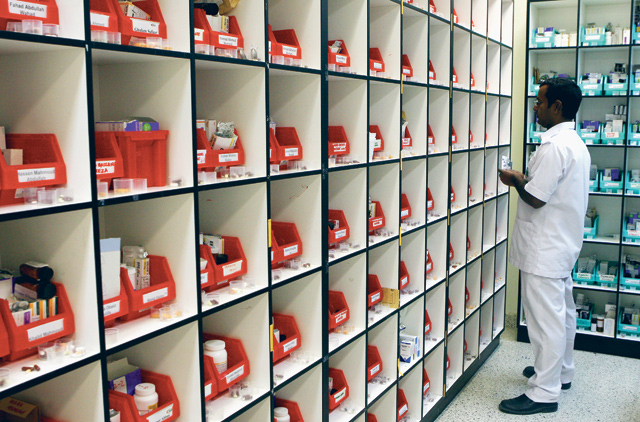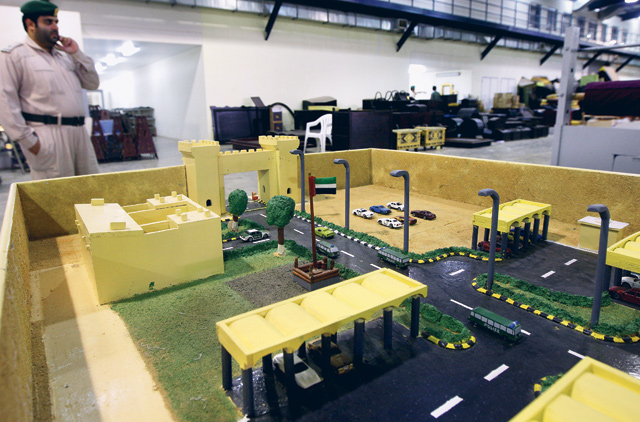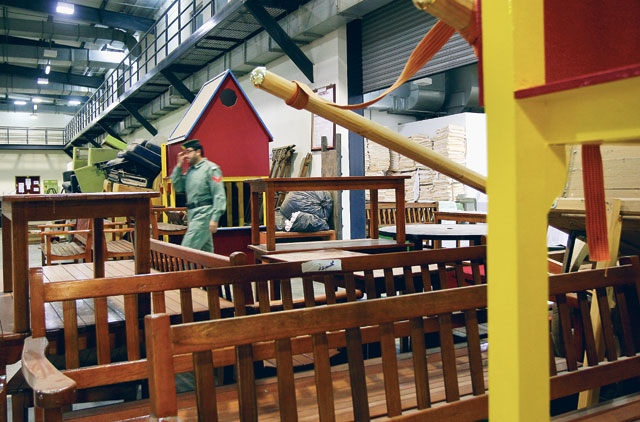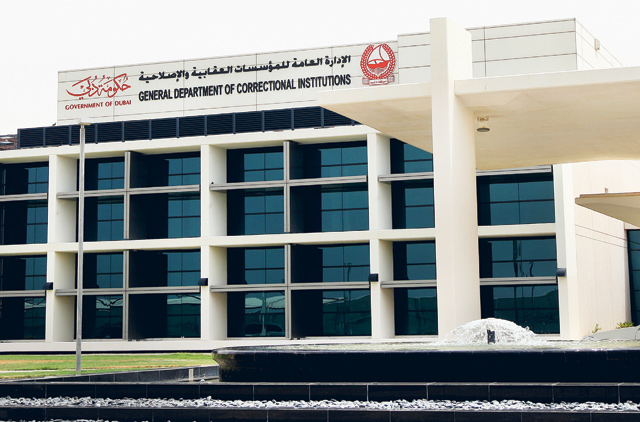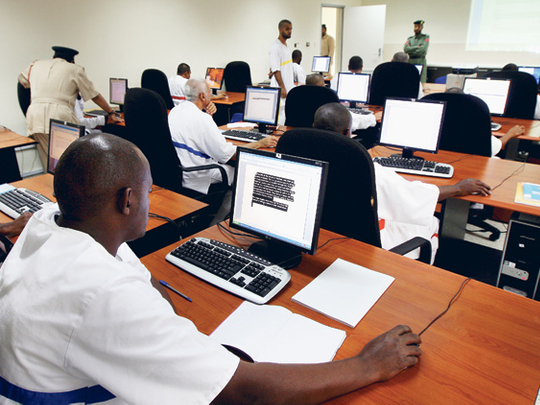
Dubai: An expansive courtyard, the glass facade, well-lit rooms, high-tech training and workshop facilities, a top class gym. Well it’s not the corporate office of a multinational company, but the General Department of Punitive and Correctional Establishments of Dubai Police at Al Aweer.
Set on an area of almost a million square metres, the Central jail embraces the concept of open jail with spacious rooms, wall to wall glass windows and no steel bars. More than 3,000 inmates of various nationalities are housed here and thousands of people with criminal pasts who come in leave the facility reformed and acquiring new sets of skills that will help them stick to the straight and narrow path.
“We treat inmates in a humane manner. We treat them the way we like others to treat us. They committed a mistake, but that does not mean that we should condemn them as criminals forever,” said Major General Mohammad Humaid Al Suwaidi, Director of the General Department of Punitive and Correctional Establishments of Dubai Police.
He said Dubai Police are committed to performing their duties in a humane manner, driven by a desire to reform and rehabilitate the inmates.
“We are offering detainees the opportunity to reform, while helping them to learn the skills needed for their integration into mainstream society,” he said.
A 26-year-old Indian man, who was jailed on charges of drugs addiction, said the time in prison was the time for introspection. He said in prison he learned to stand up on his own, as earlier as the only son born to a rich family he had everything provided to him at the snap of his fingers.
The vocational training programmes at the prison has helped prisoners learn new skills and a job to pursue.
A 35-year-old-Pakistani, serving a four-year jail term, said police “treat us well as long as we behave well. We are allowed to call our families, and join training courses to learn new skills.”
Another Pakistani prisoner, 27, who was jailed on drug charges, said he receives good treatment and facilities, including food and clothes.
“Prisoners can enjoy spending quality time with their families in private rooms,” said Lieutenant Ali Al Jalaf, acting director of the Central jail,
“We are always keen to treat them in a civilised and humane manner. We also have a clinic offering medical services to inmates who suffer from any illnesss,” he added.
The prison also has a huge collection of books in various languages at the library.
“Prisoners have access to 4,600 books in our library in different languages. If a prisoner wants a book in his language and it is not available in the library, we contact his consulate and embassy to provide this book,” said Major Abdullah Al Khidr, acting Director of the Education and Training of Inmates,
“We offer Quran classes, computer and handwriting classes,” he added.
However, it is the open jail concept that has a Syrian inmate praise the authorities.
The 52-year-old Syrian, who is serving a life term, said the jail cells are not locked, allowing all prisoners to interact with others, and maybe play chess or other games.
A 40-year-old Briton, serving a 36-year term on financial charges, said police and jail guards are very nice.


